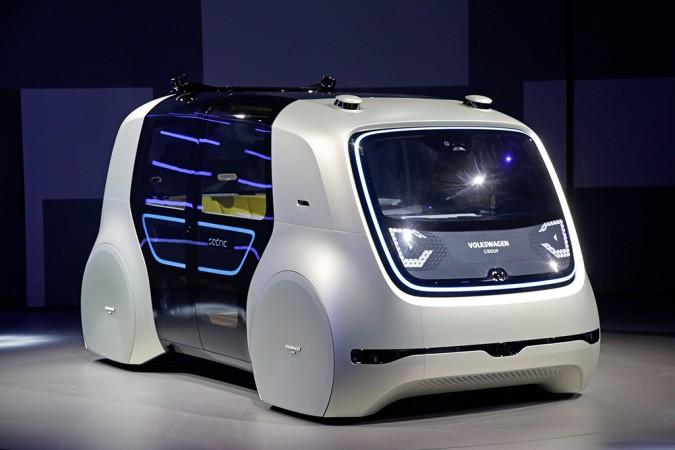
Dubai plans to introduce driverless vehicles, especially shuttle services and cabs, in an attempt to enhance efficiency and reliability of public transport as the emirate is gearing up to be at the forefront of the autonomous revolution.
If everything goes well, this will be the first such initiative in the entire Middle East region, but a timeline for the introduction is yet to be unveiled.
In fact, a recent meeting of the Dubai Future Council for Transportation has already discussed plans for driverless vehicles, autonomous technology and smart systems in a major move to encourage such mode a mode of transport for commuters, according to a Gulf News report.
The meeting discussed about the opportunities, threats and priorities for Dubai while introducing a driverless service, besides evaluating the best practices followed by cities like Oslo,
All these initiatives, aimed at making the driverless vehicle a seamless part of everyday life in a fast-growing city like Dubai, will be implemented with the active participation of the private sector.
Regulations For Test
The emirate, which has already laid the groundwork to create an ecosystem for autonomous vehicles, has already issued regulations for testing such vehicles, which is part of a larger legislative framework to ensure efficiency and reliability.
The Roads and Transport Authority (RTA) of Dubai has also been asked to formulate the safety requirements for testing autonomous vehicles, besides setting requirements to be met in the tests.
The authority, which will also develop the infrastructure required to test autonomous vehicle, is expected to issue licences to operators as well as ensure compliance of operators in line with the stipulated requirements.
The emirate aims to transform 25 per cent of the total transportation in Dubai to autonomous mode by 2030. Also, autonomous transport is expected to save 22 billion dirhams (Rs.423.3 billion) in annual revenue by way of cutting transportation cost, carbon emission and accidents.
According to an estimate, the new mode will help cut transportation costs by 44 per cent, resulting in savings of up to 900 million dirhams per annum.
However, the latest studies conducted in global cities found that autonomous taxis and private driverless cars could result in more traffic congestion if they are not well regulated. Such studies have helped influence the strategies of ride-hailing companies such as Uber and Lyft.
Also, plans of some of the major automakers to introduce driverless cab services have been delayed due to regulatory issues. For instance, General Motors delayed its plans to introduce its Cruise service, a large-scale self-driving taxi service beyond 2019.














